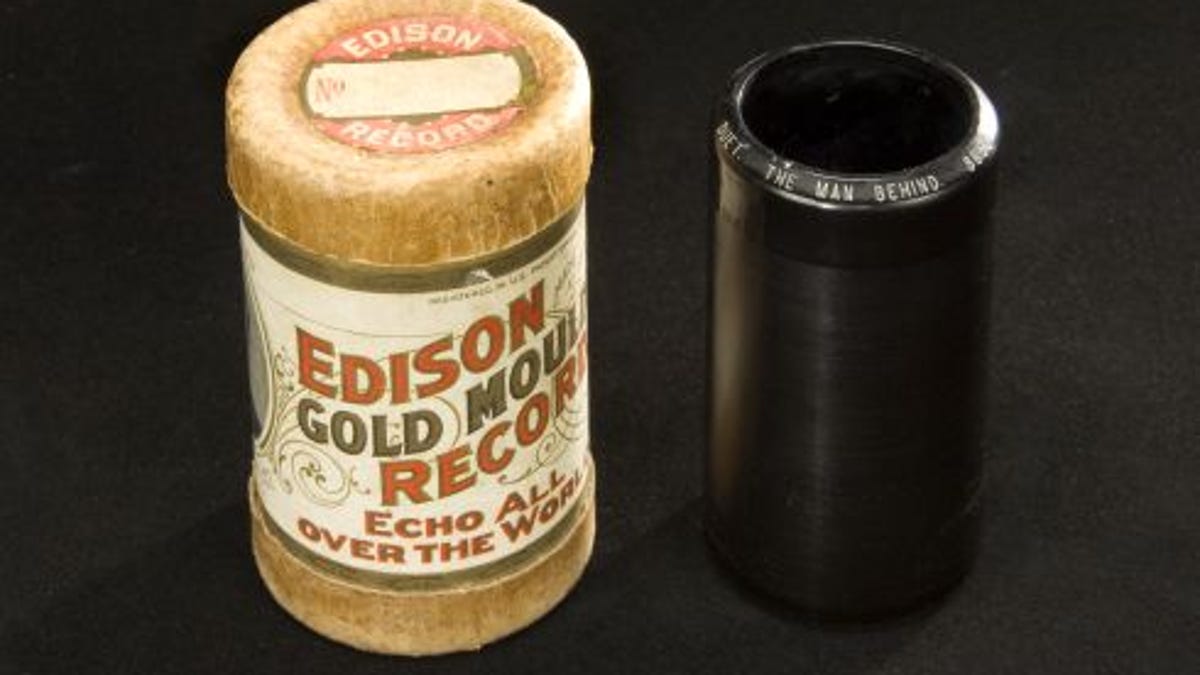Thousands of 100-year-old wax cylinder recordings available to stream
The University of California, Santa Barbara has made thousands of wax cylinder recordings recorded at the turn of the 20th century available to stream or download.
Before MP3s, before CDs and even before LPs there was the first commercial audio format known as the Edison wax cylinder.
This late 19th-century invention was capable of recording up to 3 minutes of sound on a cylinder made of wax (and later a metallic soap composite or plastic). It was eventually replaced by the popularity of the phonograph in 1929.
The University of California, Santa Barbara library is digitizing its collection of late 19th and early 20th century wax cylinder recordings and has placed over 10,000 songs online for anyone to stream and download.
The earliest wax cylinders were only able to be played about a dozen or so times before the wax wore out, but the pliability of the material meant that users could also record their own material. It also makes the cylinders difficult to digitize and store.
UCSB says there are 2,000 more cylinders yet to come, and it's allowing benefactors to adopt a cylinder for $60, which will be used for the upkeep and further digitization of the collection.
The searchable collection features everything from turn-of-the-century opera to mandolin solos to bizarre animal impressions. As you'd expect for audio recorded on violently degradable media, the quality of the recordings varies from "radio static" to "almost audible subway announcement."
Meanwhile, wax cylinders are still used to record today with songs such as They Might Be Giants' "I can hear you" and (possibly) Titus Andronicus' "A more perfect union," though these aren't part of the collection.


